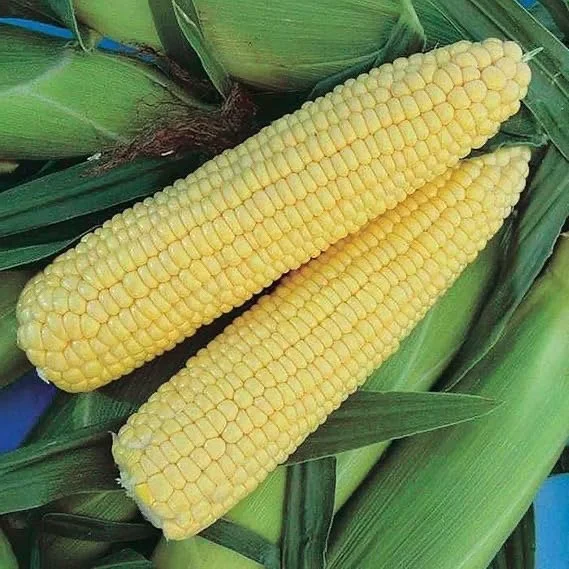Seeds are not just seeds any more, as any seasoned gardener already knows. Seed catalogs and garden centers now offer seeds that have been treated, pelleted, organically grown and sometimes spaced on tape for easier planting. The differences can be important.
Treated seed has often been dosed with fungicide or preservatives to keep them from drying out, rotting or generally deteriorating in storage and after sowing. This is especially done with large seeds or slow germinators: peas, beans, corn, spinach, beets.
Seed for the agricultural market is treated with a pesticide to prevent infestations in storage. With some types of chemicals, the seed comes out in lurid shades of neon pink, green and blue. But more often, the seed displays no outward change in color or appearance and the only way to know if the seed has been treated with a fungicide, preservative or pesticide is if seed companies disclose the fact and most of the time they don't.
Gardeners must weigh the pros and cons of treated seed when choosing which to grow. Seed that has had a chemical dose is less likely to rot in the ground in cold, damp weather. Some seeds won’t begin sprouting until the soil has warmed sufficiently.
But treated seed has been shown to produce chemically-laced plants, which can be a concern in the home vegetable garden.
Using chemical preservatives on home garden seeds is unnecessary. These are almost all sold in small amounts and planted quickly. But telling if seed has been treated is not easy. Some mail-order seed companies stock untreated seed for those who prefer it. The only way to know whether seed sold in garden centers or hardware stores has been treated is to call and ask the company that packaged it.
Organically grown seed is untreated. This seed has been harvested from plants that have been raised free of inorganic chemicals.
Pelleted seed has been coated with a substance, usually bentonite clay, to make it more visible. This makes it easier to sow and space correctly, especially for gardeners whose hands are arthritic and cannot hold small seeds.
Pelleted seed tends to be pricier, however, and its shell is slow to admit moisture, which is vital for germination.
Rolls of seeds, or seed tape, is another option. Made of lightweight translucent paper, the tape is pocked with seeds every few inches. The paper decays in the ground, allowing the seeds to germinate freely.
This can take the worry out of spacing tiny seeds like carrots, beets, spinach and lettuce. However, the soil must be even and smooth to receive the tape.

